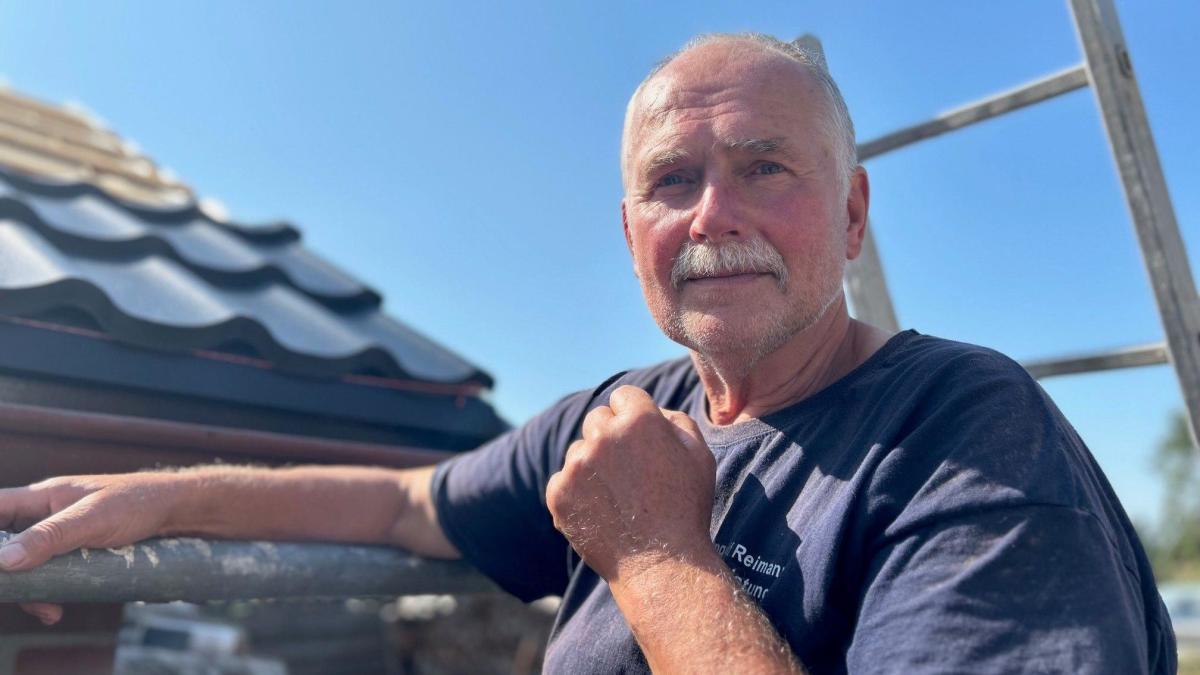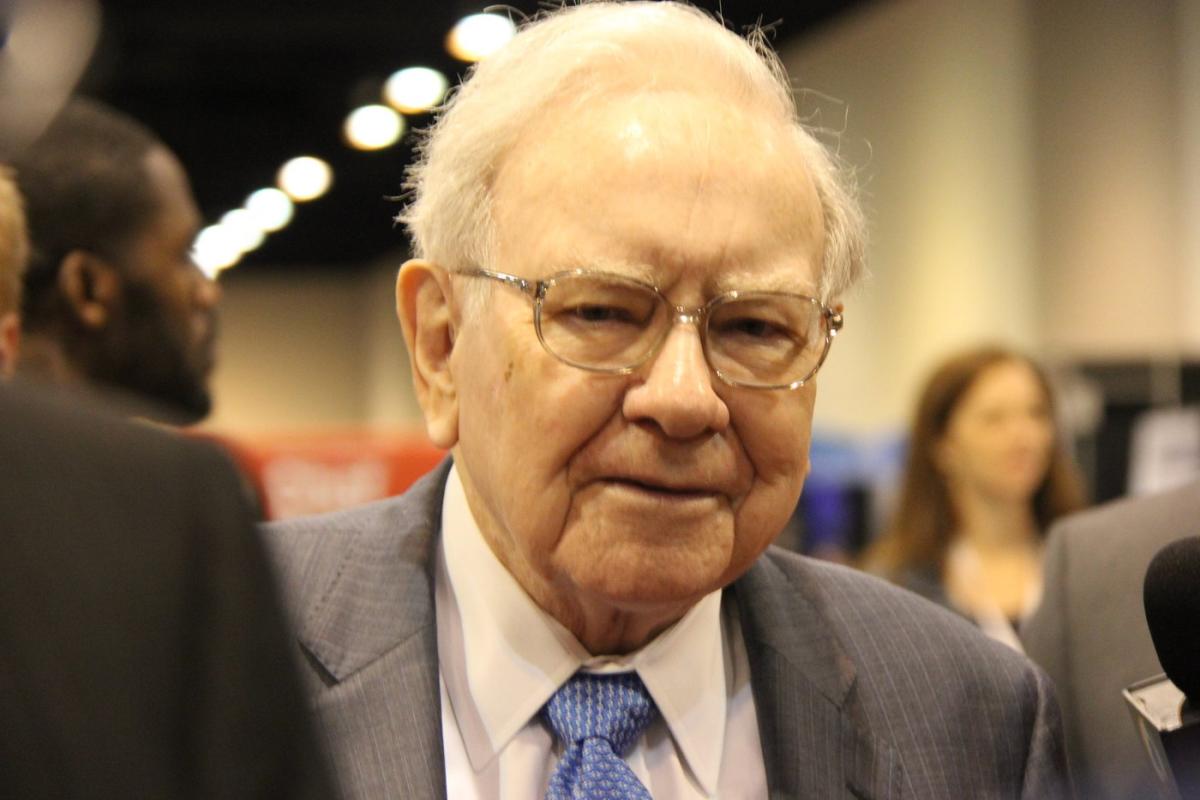For Justice Department employees who had spent weeks contemplating the possibility of two-time federal criminal defendant Donald Trump returning to the presidency, Joe Biden’s decision to drop out and endorse Kamala Harris offered a sense of relief.
Former and current Justice Department employees believe that a future president Harris, a former prosecutor, unlike Trump, would respect the norms that have been in place to ensure DOJ independence in the half-century since Watergate.
Those fears of another Trump term are central to a new letter endorsing Harris, signed by more than 40 former Justice Department officials who served under presidents of both parties. They include former Attorney General Loretta Lynch, former deputy attorneys general Sally Yates, David Ogden and Jamie Gorelick, and John McKay, who was appointed as a top federal prosecutor in Washington state during the George W. Bush administration, among others.
“The fabric of the nation, the rule of law and the future of the Democracy are at stake in this election,” reads the letter, first obtained by NBC News. It warns: “The stakes could not be higher. Former President Trump presents a grave risk to our country, our global alliances and the future of democracy.”
Trump “regularly ignored the rule of law” as president, the former officials wrote, pointing out that one of his first acts was an “unconstitutional Muslim travel ban” and one of his last acts was an attempt “to stay in power by defying election results and the will of the American people.”
Harris is “the best choice to defeat Donald Trump and lead the nation,” the letter says, citing her work in the Biden administration and as attorney general of California, where “she oversaw the largest state justice department in the country. She forged strong relationships with law enforcement to keep people safe, fought for American consumers and fought against those preying on the American people.”
Even before Trump tried to weaponize the Justice Department and get his appointees to help overturn the presidential election he lost, culminating in the Jan. 6, 2021, attack on the U.S. Capitol, Justice Department officials of both parties expressed worry during the 2020 campaign that a second Trump term would put the Justice Department past “the point of no return.” Trump jump-roped the line of independence between the Justice Department and the White House during his time in office, worrying DOJ observers then and now that a second term for him would obliterate the firewall completely.
In his first four years, Trump ousted two attorneys general for refusing to go along with his personal agenda — interfering in Robert Mueller’s criminal probe into his 2016 campaign in the first case, and pursuing bogus election fraud claims in the second. At the end of his term, Trump tried to convince the acting leaders of the Justice Department to help Republicans overturn the results, actions that helped lead to one of his pending criminal cases.
Fears about what an untethered president could spell for the Justice Department have only increased in the weeks since the Supreme Court’s decision on presidential immunity, a 6-3 ruling that largely shields presidents from criminal liability for “official acts.” Liberal justices said the ruling “puts the President above the law,” warning it would have “disastrous consequences” for the country and that it fundamentally “reshapes the institution of the presidency.”
Harris would take a much more reverential approach to the rule of law and the Justice Department’s tradition of independence than Trump, current and former DOJ employees said. “She intimately understands the role of the Justice Department, having been a prosecutor at the highest levels in our country,” said Anthony Coley, an NBC News contributor and former top Justice Department spokesman. “She understands how it is not appropriate for a White House to interfere with criminal investigations, and despite what the Supreme Court says, I would not expect her approach to justice to change.”
“That’s important because the U.S. Supreme Court has given any president a road map of how to put their thumb on the scale of criminal investigations,” Coley said. “That is not in Kamala Harris’ DNA. So despite what the court says, I think you’re still going to see her have tremendous respect for the rule of law and the separation of the White House and DOJ as it relates to criminal matters.”
Harris highlights DOJ ties
As vice president, Harris hasn’t necessarily regularly interacted with the Justice Department, although she did head the White House Office of Gun Violence Prevention, which dealt with the department. The lack of everyday interactions is by design: For the past four decades, since after the presidency of Richard Nixon and the vice presidency of Spiro Agnew, attorneys general have laid out policies about interactions between the Justice Department and the White House.
But in just the first 72 hours of Harris’ campaign, her Justice Department connections are already on display. This week, Harris traveled to her campaign headquarters in Wilmington, Delaware, with her brother-in-law Tony West, who had been associate attorney general (the third-ranking position at the Justice Department) as well as the assistant attorney general in charge of the DOJ’s Civil Division. Former Attorney General Eric Holder is heading up her effort to vet vice presidential candidates. And her communications director, Brian Fallon, is a former Justice Department spokesman who recently worked as the head of Demand Justice, a left-leaning group focused on the courts.
And in speeches, the budding Harris campaign is already leaning heavily into her background as a prosecutor, contrasting her work on one side of the docket with Trump’s.
“I took on perpetrators of all kinds: predators who abused women, fraudsters who ripped off consumers, cheaters who broke the rules for their own gain,” Harris said Tuesday. “So hear me when I say: I know Donald Trump’s type.” A fundraising text from Harris on Tuesday featured her signature sign-off, pulled from her 2020 campaign slogan, “For the People,” a nod to her saying in court as a prosecutor that she was there arguing on behalf of citizens.
That type of framing — prosecutor versus felon — is one that seems to be catching on internally at the Justice Department.
“The idea of having a former prosecutor as our commander in chief is preferable to the idea of having a convicted felon,” said one federal law enforcement official, speaking in their personal capacity, adding that Harris was someone they believed would “uphold norms and follow the rule of law.”
Coley likened the whole election to a legal battle. “You’ve got a felon on one hand, you’ve got the prosecutor on the other hand, and you’ve got the American people who are going to be the jury,” he said. (Trump has been convicted of 34 felony counts in his New York case, but is not yet technically a “felon” until his sentence is imposed, which is scheduled for Sept. 18.)
Harris’ candidacy could also allow Democrats to turn the page on two DOJ investigations that had weighed on Biden’s presidency: the special counsel probe into his handling of classified documents, which ended without charges, and the special counsel investigation into his son Hunter Biden, which led to gun and tax charges. The two federal cases against Hunter Biden will still continue to sentencing and trial. There’s no sentencing date yet in the gun case, but a trial on the tax charges is set to begin in California in September.
There has been some tension between Biden’s administration and Attorney General Merrick Garland, but Biden touted the DOJ’s independence, particularly as both he and his son became the subjects of special counsel investigations. Garland issued a statement over the weekend stating that Biden had “made clear in both word and deed that he stands for the rule of law” and had shown “enormous respect” for the Justice Department’s 115,000 employees. In their letter, the former DOJ officials also thanked Biden for his service and his “historic decision to put the nation first and pass the torch to the next generation of leaders.” Justice Department alums expect Harris to continue with that tradition of separation between the White House and the DOJ.
Harris has made some comments about Justice Department actions that came under criticism for undermining the department’s independence, however — though not nearly to the same extent as Trump, whose 2020 tweets about the criminal prosecution of his ally Roger Stone, for example, were part of a Justice Department inspector general report released this week. Harris was highly critical of special counsel Robert Hur’s report on Biden’s handling of classified documents, which remarked on Biden’s age and how a theoretical jury would perceive the 81-year-old. Harris criticized the report’s content as “inaccurate and inappropriate” and said Hur’s words were “clearly politically motivated” and “gratuitous.” During the 2019 campaign, Harris also received some criticism from legal ethics experts for suggesting that the Justice Department should prosecute Trump.
Those prior instances illustrate how the next three months could be a tightrope walk for Harris, whose comments about Trump’s criminal proceedings could eventually find their way into a motion in one of Trump’s federal criminal cases.
Trump’s DOJ
Trump still faces prosecution in at least one of the two cases brought by a special counsel at the Justice Department. His Jan. 6 case, which was delayed by the Supreme Court’s presidential immunity decision, is before U.S. District Judge Tanya Chutkan in Washington and is expected to go to trial after the November election if Trump loses the race. And although a Trump-appointed federal judge, Aileen Cannon, dismissed his classified documents case, the DOJ is appealing her decision and the case could still survive.
A Trump presidency would mean big changes for the Justice Department. While it’s not clear whom he would pick to head the DOJ, the last man Trump tried to install as acting attorney general, Jeffrey Clark — an election-denying environmental lawyer whom Trump floated for the job before the Jan. 6 attack — has argued that the Justice Department “is not independent,” and that its independence is a myth promoted by “the United States Justice Department itself, as well as politicians, the media, academics, and leftist pressure groups.”
Many more moderate Republicans and attorneys who respect the department’s traditions resigned or were sidelined during Trump’s first term and may not be as willing to sign up this time around. And under Project 2025, a policy agenda laid out by Trump allies to help shape a second Trump term, the Justice Department would undergo a “top-to-bottom overhaul” and a “comprehensive review of all major active FBI investigations and activities.” (Trump has tried to distance himself from Project 2025, despite his ties to its authors).
The next president could also appoint additional Supreme Court justices. The former Justice Department officials wrote in their letter endorsing Harris that in his first term, Trump “put in place extremely conservative Supreme Court justices who reversed longstanding precedents and legal protections: stripping women of reproductive rights, gutting environmental protections and granting Trump virtual immunity for his ‘official acts.’”
It’s not a stretch to say that the fate of the Jan. 6 prosecutions rests on the outcome of the race. Trump, along with his running mate, Sen. JD Vance, have both either donated to or promoted fundraisers for Jan. 6 defendants. Trump’s New Jersey golf club is hosting a “J6 Billboard Awards Gala” on Aug. 10, held to “honor and celebrate” 20 defendants in the “J6 Choir” who contributed to the “Justice for All” song that Trump has played at his political rallies.
While the statute of limitations on crimes committed on Jan. 6 expires in early 2026, a Trump presidency would likely bring new prosecutions to an end, and he’s suggested he’ll grant an untold numbers of pardons and commutations for the more than 1,400 defendants charged so far, whom he has wrongly dubbed “hostages.” There are still hundreds of Jan. 6 defendants who have been identified by online sleuths but who have not been arrested, including many seen on video committing violence. A Trump presidency would erase the possibility of accountability, a notion celebrated by Jan. 6 defendants who hope a Trump presidency will be their retribution.
“All those prosecutors and all those people who came after us?” said Gina Bisignano, a Jan. 6 defendant who egged on the mob over a bullhorn as officers came under assault on Jan. 6. “They’re going to lose their jobs.”
This article was originally published on NBCNews.com

Amanda Smith is a dedicated U.S. correspondent with a passion for uncovering the stories that shape the nation. With a background in political science, she provides in-depth analysis and insightful commentary on domestic affairs, ensuring readers are well-informed about the latest developments across the United States.







